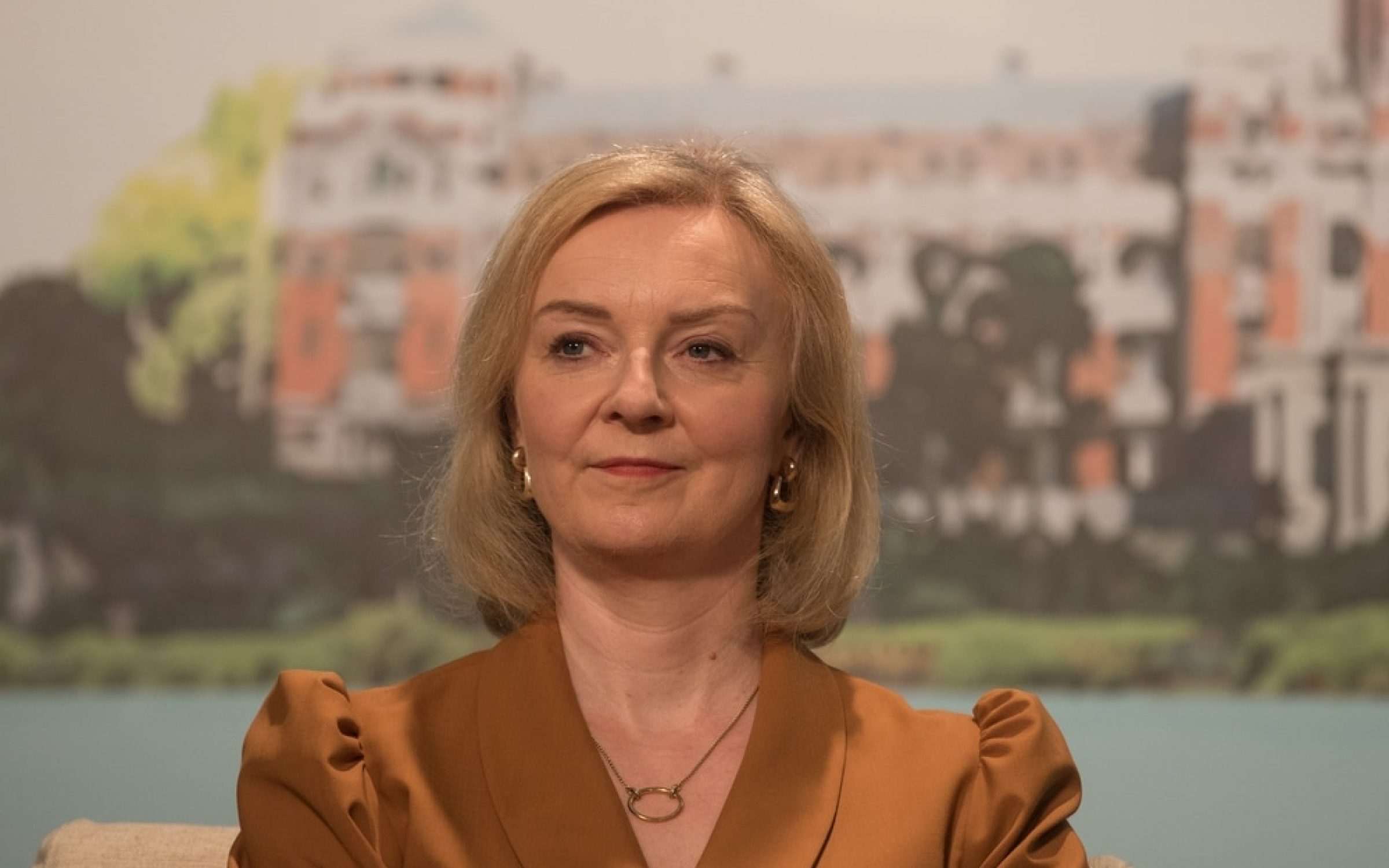You have to hand it to Liz Truss, she’s seriously gritty. After being thrashed by the Westminster brigade, clobbered by the men in suits and put through the mill by the press, the former PM has bounced back with a bang.
She’s returned to her favourite subject – how to create more growth – by bringing together some of the world’s top international economists to create a new pro-growth think-tank, The Growth Commission. Making the think-tank so international is a smart move, taking the debate away from the Westminster bubble and the UK’s tribal factions, and ensuring that Britain’s low growth over the last few decades is part of a broader problem – which it is across the G7.
Launching early today at One George Street – just a stone’s throw from the Treasury building – the Commission sets out its first analysis of why some countries in the Western world are facing falling growth and declining GDP. And it does not make for happy reading, particularly for the Brits. The average British person is £10,000 worse off than people in the US with UK GDP per capita currently at £36,568, compared to £52,996 in the US. What’s more, the UK is one of only five G20 countries to have GDP per capita lower than pre-Covid, with income per head not returning to pre-Covid levels until 2025.
Yet the report also claims that – with some changes – it’s entirely possible for the UK to achieve “consistent growth levels” of 3 per cent by 2040, leading to £35,000-worth of higher spending per household. It says: “If over the next two decades the UK economy could achieve annual GDP per capita growth of 3 per cent – as was achieved in the UK in 1950s and is currently being achieved in a country like Poland – the economy would be 65 per cent bigger by 2040.” It also claims that this translates in today’s money to nearly £15,000 more for each person to spend each year; and additional tax revenues of £670bn.”
Truss may appear to have the skin of a rhino in the stoic manner in which she has survived the storm of abuse over the last few months. But maybe she has been bruised? At the launch today she sat with other observers and Tory MPs rather than taking the limelight. Time for others to take the bullets.
Instead, she handed over the front seats to the co-chairmen, Doug McWilliams of Cebr and Shanker Singham, international trade lawyer, in addition to fellow economists from around the world who have joined the new commission.
McWilliams, who as readers will know is a regular columnist for Reaction, said the report should kick off a “fruitful, non-partisan exploration” of why there is a problem with low growth and “what governments around the world can do to reinvigorate our economies and improve lives”. See here for his foreword to the report.
For his part, Singham claimed that opportunities for growth in the UK were “abundant and increasing”, adding that failure to act will see us miss out on the opportunities presented by huge technological advances that we have seen especially over the last 20 years.”
McWilliams and Singham are joined by other great brains: the influential Tyler Cowen, Professor of Economics at George Mason University, Stephen J. Entin, tax specialist and formerly Deputy Assistant Secretary for Economic Policy at the U.S. Treasury, Japan’s Akira Igata of the Research Centre for Advanced Science and Technology at the University of Tokyo and an Adjunct Senior Fellow at Pacific Forum and Eduardo Pérez-Motta – Formerly President of the Federal Competition Commission in Mexico and Mexico’s Ambassador to the World Trade Organisation.
What next? While the Commission has diagnosed the problem that Britain and its Western partners face – as Truss also did so well last summer – the commissioners have yet to provide any magic formulas for how we break out of the vicious cycle of low growth. On the current track, the G7 countries are falling behind Chinese and Indian growth rates, with falling living standards and productivity. They have their work cut out. We wish them better luck than Truss enjoyed.
Write to us with your comments to be considered for publication at letters@reaction.life




